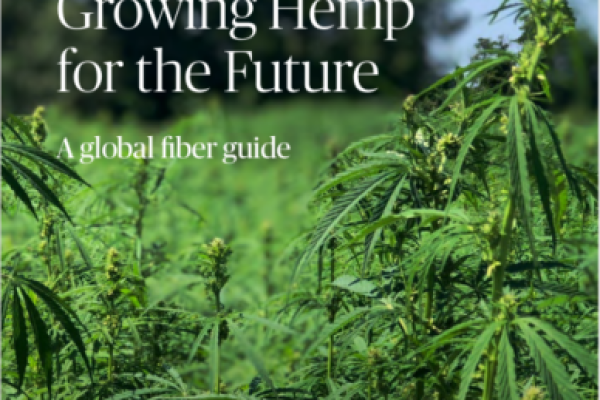
As for most countries, organic agriculture is something that was established hundreds, and even thousands of years ago. With the advent of agro-chemicals and farming technology it fell out of favor, but it is making a comeback and is producing high value goods. In Thailand, organic farming re-emerged beginning in the early 1980’s after the health and environmental effects of improper use of and heavy reliance on agrochemicals began to manifest themselves. Current organic production is overwhelmingly of rice, with vegetables as a distant second and baby corn standing out. Thailand also produces very small amounts of miscellaneous products such as tea, coffee, fish, herbs and honey. Of the total arable land in the Kingdom FAS estimates that only 160,000 rai are being used for organic farming, which is 0.12% of total arable land. The regulatory environment is decentralized and is composed of a number of private companies, both domestic and international who certify organic s that are accredited by IFOAM. The government has created a National Agenda on organics that differs by province. It focuses on rice and in some provinces that already produce high quality rice there are goals to convert up to 80% of paddy to organic. Overall, Thailand is both a market for organics and a competitor, though few organic products are currently being imported at present. As one of the world’s largest rice exporters Thailand has a competitive advantage over U.S. organic rice suppliers, but beyond rice and baby corn Thailand does not pose a competitive threat in the global organic marketplace. However, Thailand has the potential to be a competitor in the future as time passes and the conversion time of fields meets international standards, NGOs improve their marketing, and the National Agenda is implemented. Presently Thailand’s biggest organics customer is the E.U., which imports organic Jasmine rice, frozen baby corn, spices and limited amounts of produce and other organic products.



